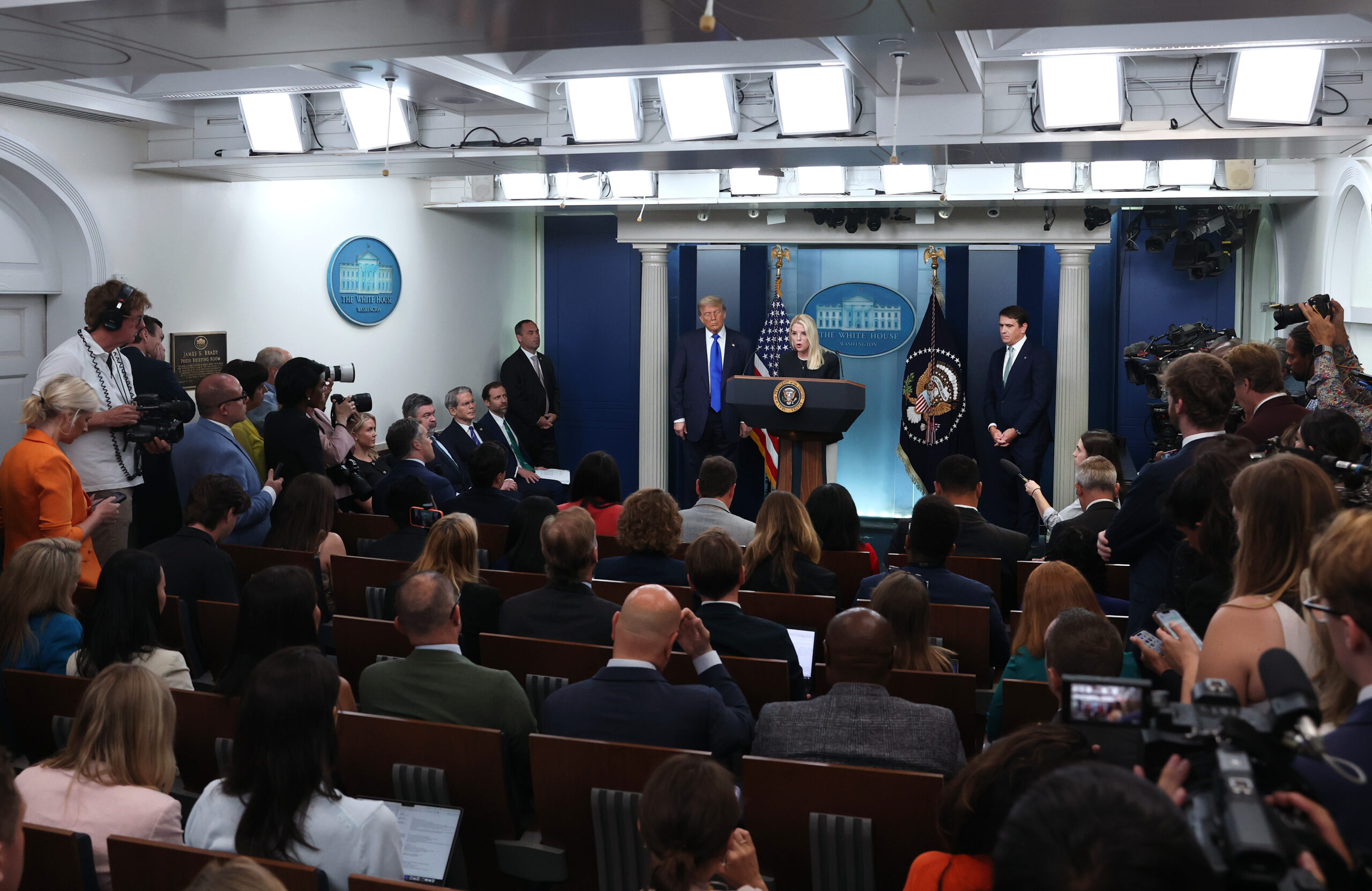Supreme Court Restricts Judges' Universal Injunction Powers
The Supreme Court has limited the ability of judges to issue broad, nationwide injunctions, a significant decision impacting the scope of judicial orders across the United States.
Subscribe to unlock this story
We really don't like cutting you off, but you've reached your monthly limit. At just $5/month, subscriptions are how we keep this project going. Start your free 7-day trial today!
Get StartedHave an account? Sign in
Overview
- The Supreme Court recently issued a ruling that restricts the authority of lower court judges to issue broad and universal injunctions.
- This decision specifically targets nationwide injunctions, limiting their scope and impact beyond the immediate parties involved in a case.
- The ruling aims to prevent individual judges from effectively setting national policy through sweeping orders, addressing concerns about judicial overreach.
- This change will likely alter how federal courts handle cases where plaintiffs seek remedies impacting large populations or national legal frameworks.
- The restriction on universal injunctions signifies a notable shift in judicial power, potentially leading to more localized and specific court orders.
Report issue

Read both sides in 5 minutes each day
Analysis
The reporting appears neutral and objective by presenting a balanced account of the ongoing legal challenges to Trump's birthright citizenship order. It details the actions and reasoning of judges, the arguments from both the government and the plaintiffs, and provides essential legal context without using loaded language or prioritizing one viewpoint over another.
Articles (3)
Center (1)
FAQ
The Supreme Court decision originated from the case Trump v. CASA, Inc., which involved challenges to President Donald Trump's Executive Order No. 14160 concerning birthright citizenship.
The Court held that federal courts lack statutory authority under the Judiciary Act of 1789 to issue universal injunctions that block executive branch policies as to nonparties, limiting injunctions only to the parties before the court to provide complete relief.
The ruling may lead to more fragmented regulatory enforcement, reduce reliance on others' litigation victories, increase the importance of class actions and associational standing, and encourage using state courts for broader relief against state defendants.
No, the Supreme Court did not address the underlying legality or constitutionality of the executive order limiting birthright citizenship; the decision was limited to the scope of relief that courts may grant.
Future legal challenges may result in case-by-case rulings with relief limited to parties involved, potentially creating inconsistent enforcement nationwide and encouraging more strategic use of class actions, organizational suits, and state court forums.
History
- This story does not have any previous versions.

